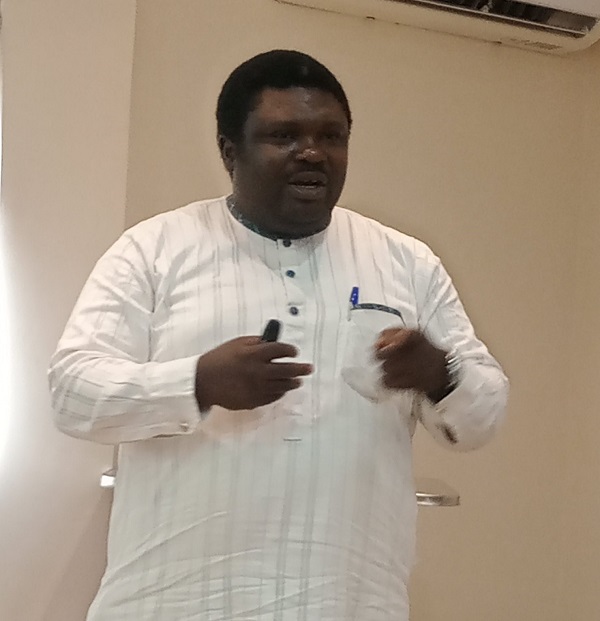
The Civil Society Scaling-Up Nutrition in Nigeria (CS-SUNN) has emphasised that poverty plays a significant role in driving malnutrition in Nigeria.
The group made its position known during a meeting with nutrition stakeholders in Abuja on Tuesday, September 12, 2023. The meeting, organised by CS-SUNN, aimed to engage with stakeholders in the nutrition sector.
The group’s executive secretary, Mr. Sunday Okoronkwo stressed the urgent need to address poverty as a critical component of combating malnutrition effectively in the country. The primary objective of the meeting was to discuss strategies for improving girl child education and nutrition in Nigeria.
“By shedding light on the link between poverty, education and malnutrition, CS-SUNN seeks to advocate for policy changes and interventions that prioritise the welfare of the girl child,” he stated. “Only through a comprehensive approach addressing poverty and education can Nigeria effectively tackle the issue of malnutrition and enhance the well-being of its population.”
Okoronkwo further explained that improving the education of the girl child was pivotal in breaking the cycle of poverty and improving nutrition outcomes.
“The most crucial step we need to take is to educate the girl child,” he emphasised. “When you empower a woman, you are empowering the entire nation. An educated girl child has the potential to earn a higher income, which positively impacts the quality of food her children consume.”
He highlighted that educated women tend to prioritise the well-being of their families and contribute significantly to their nation’s productivity.
A nutrition policy analyst at the Nigerian Governors Forum (NGF) secretariat, Chidinma Ezenwa disclosed that the secretariat was actively promoting exclusive breastfeeding in various states with the support of the governors’ wives.
Ezenwa also added that the NGF secretariat was extending its support to various categories of women, both in the private and public sectors, to ensure that exclusive breastfeeding becomes a priority across the country.
“Through various advocacy and sensitization activities, we are promoting nutrition among infants, girls, and women in general,” she explained.
The nutrition desk officer, Mrs. Susan Simpa, who also represented the Ministry of Humanitarian Affairs, highlighted the importance of partnership and collaboration with stakeholders in the education sector to improve the nutrition of women and girls in Nigeria.
“Through the Home Grown School Feeding Project, we have been targeting the girl child’s nutrition in various schools,” Simpa stated. “We will continue to support different initiatives to ensure that nutrition is prioritized in schools. Through the cash transfer project, we are reaching out to girls and women across Nigeria and we hope to engage in more interventions within the nutrition space.”
The meeting brought together stakeholders committed to addressing malnutrition and improving the overall well-being of women and girls in Nigeria.

